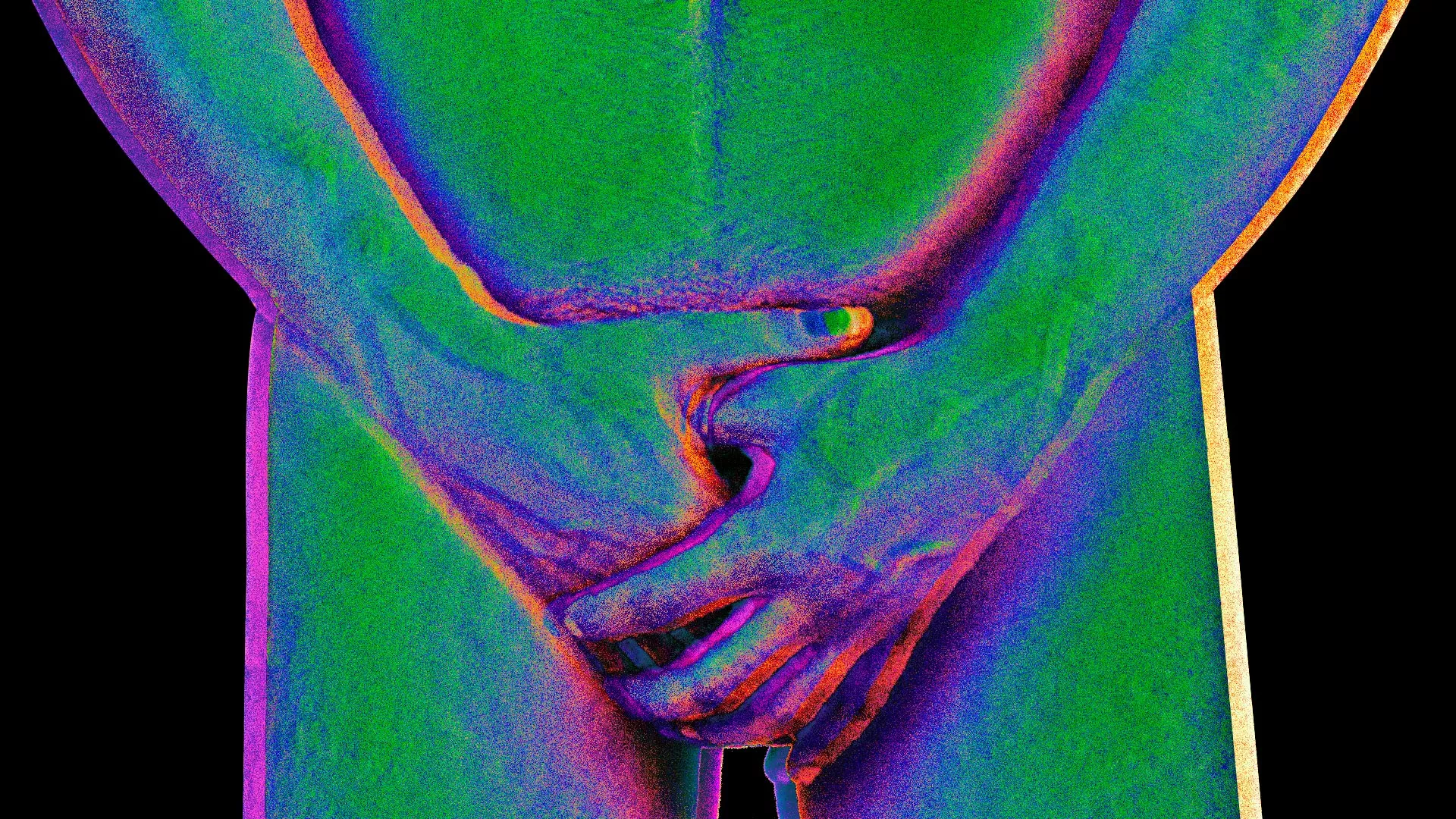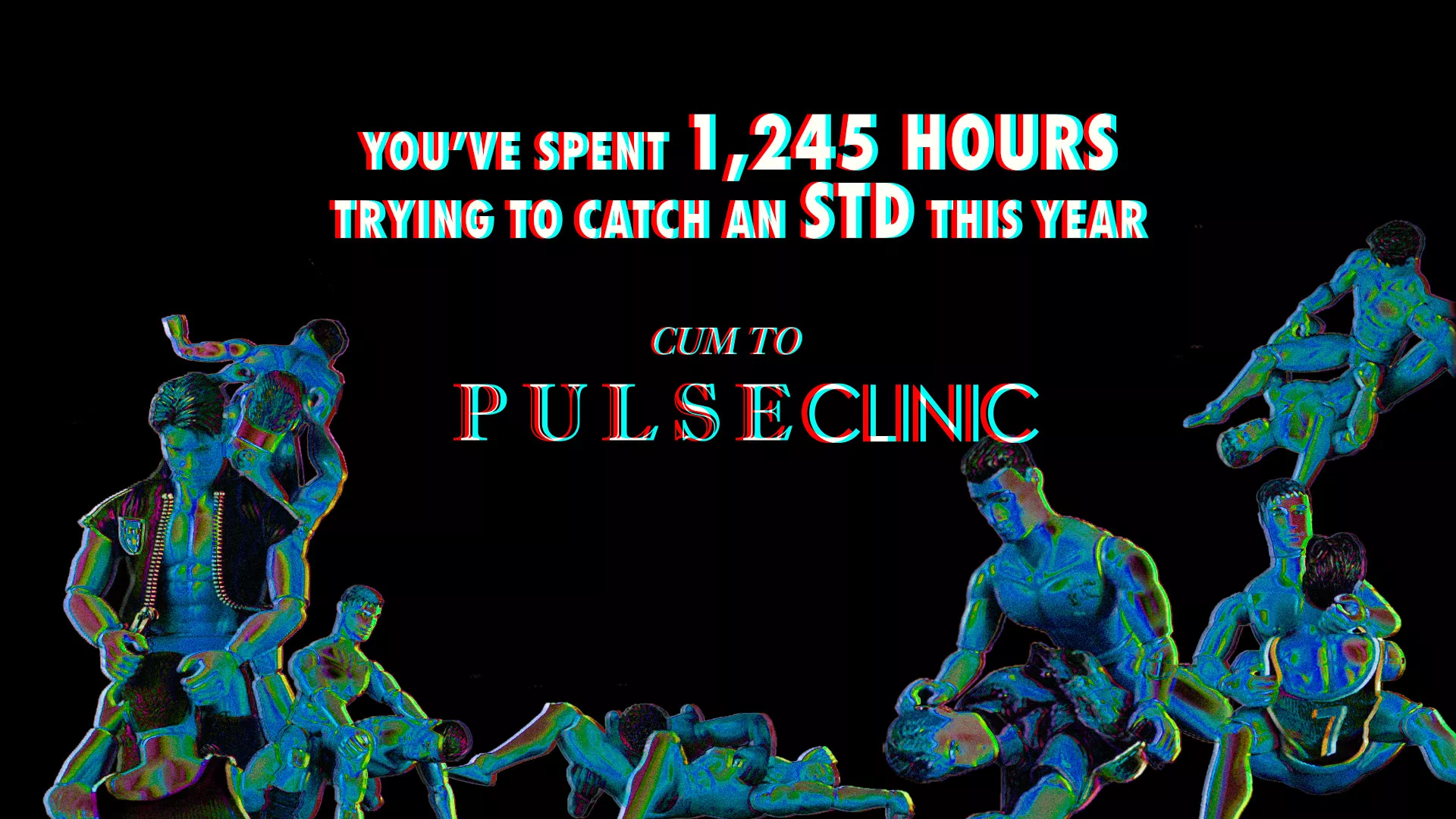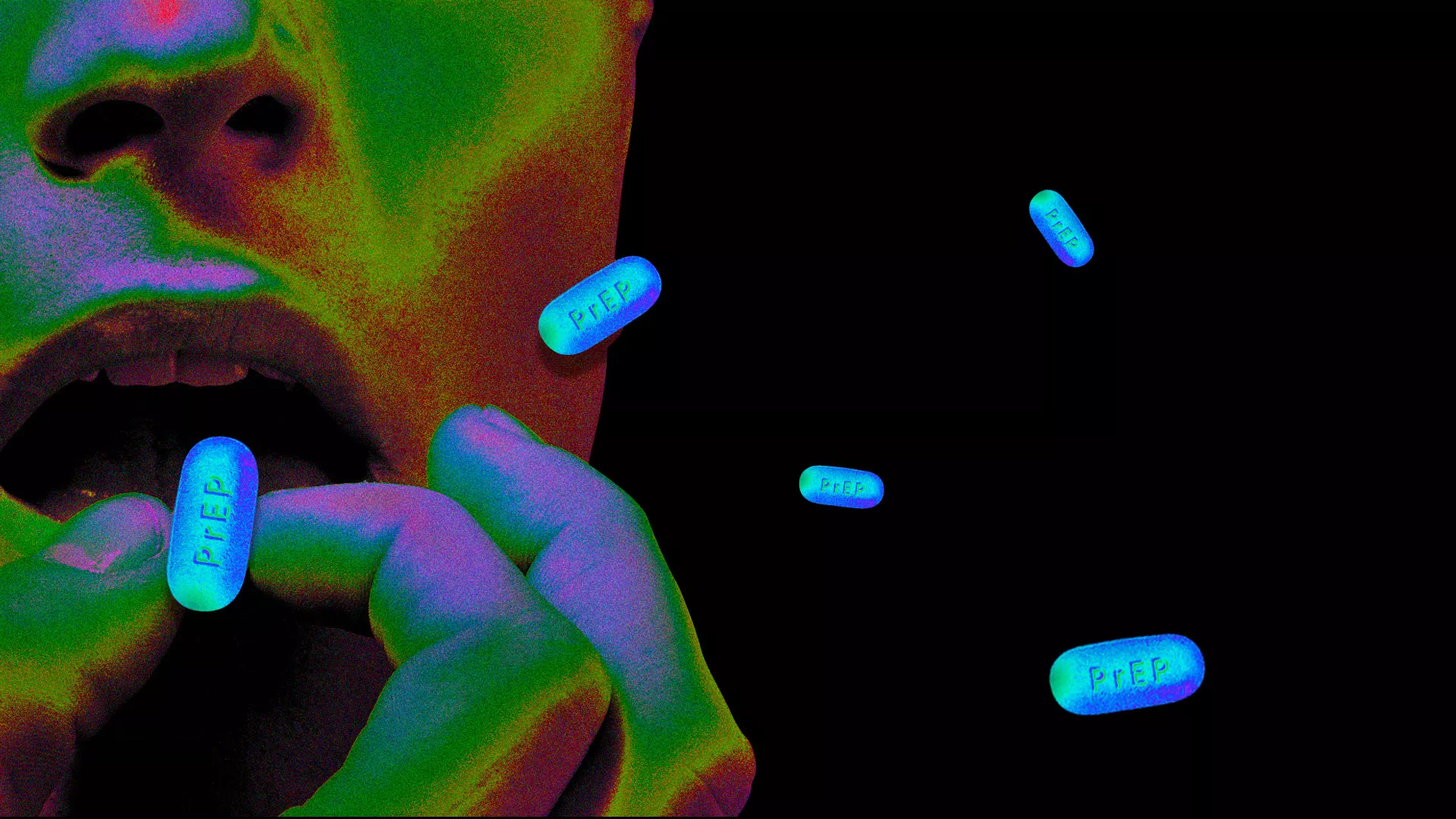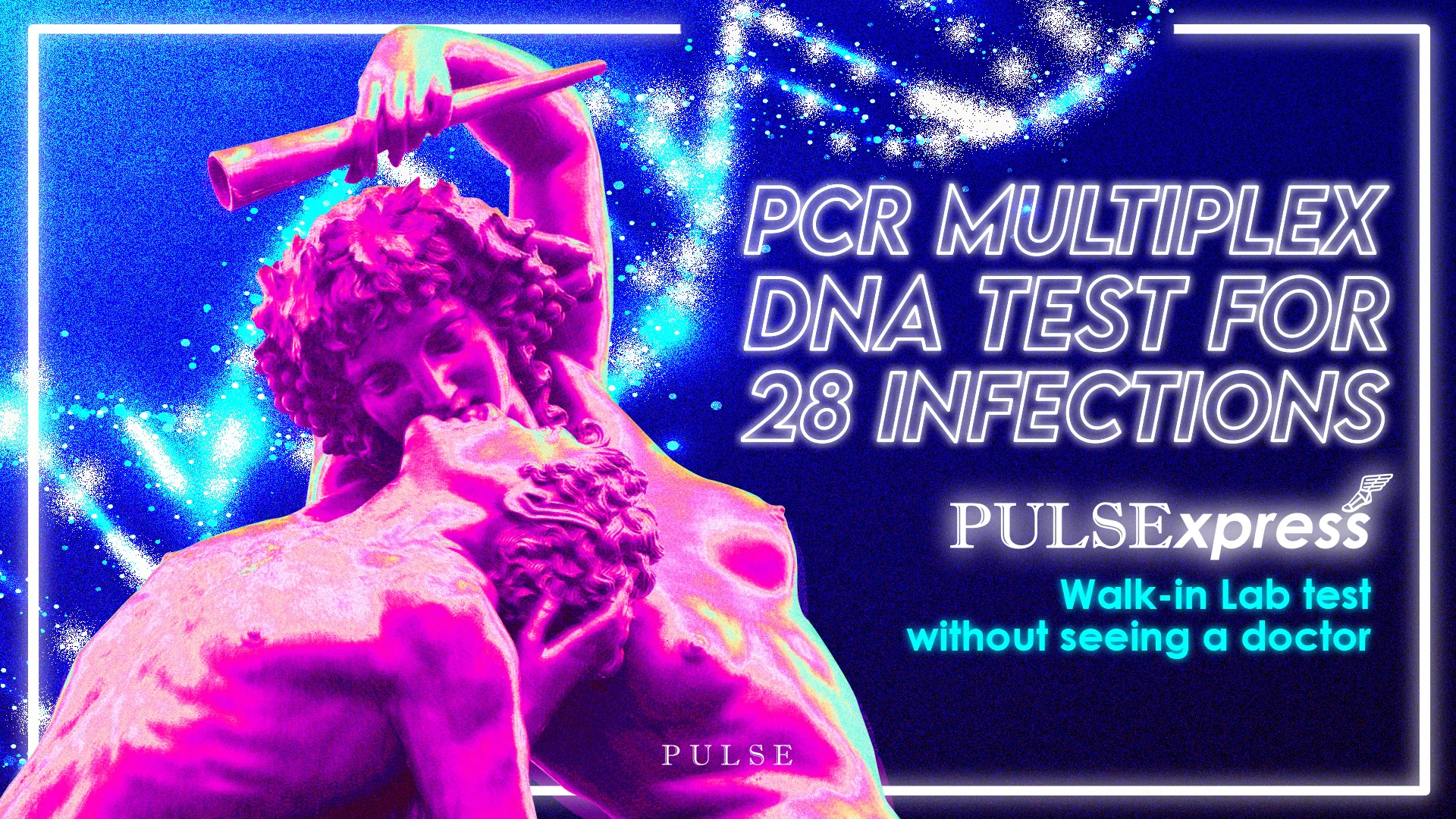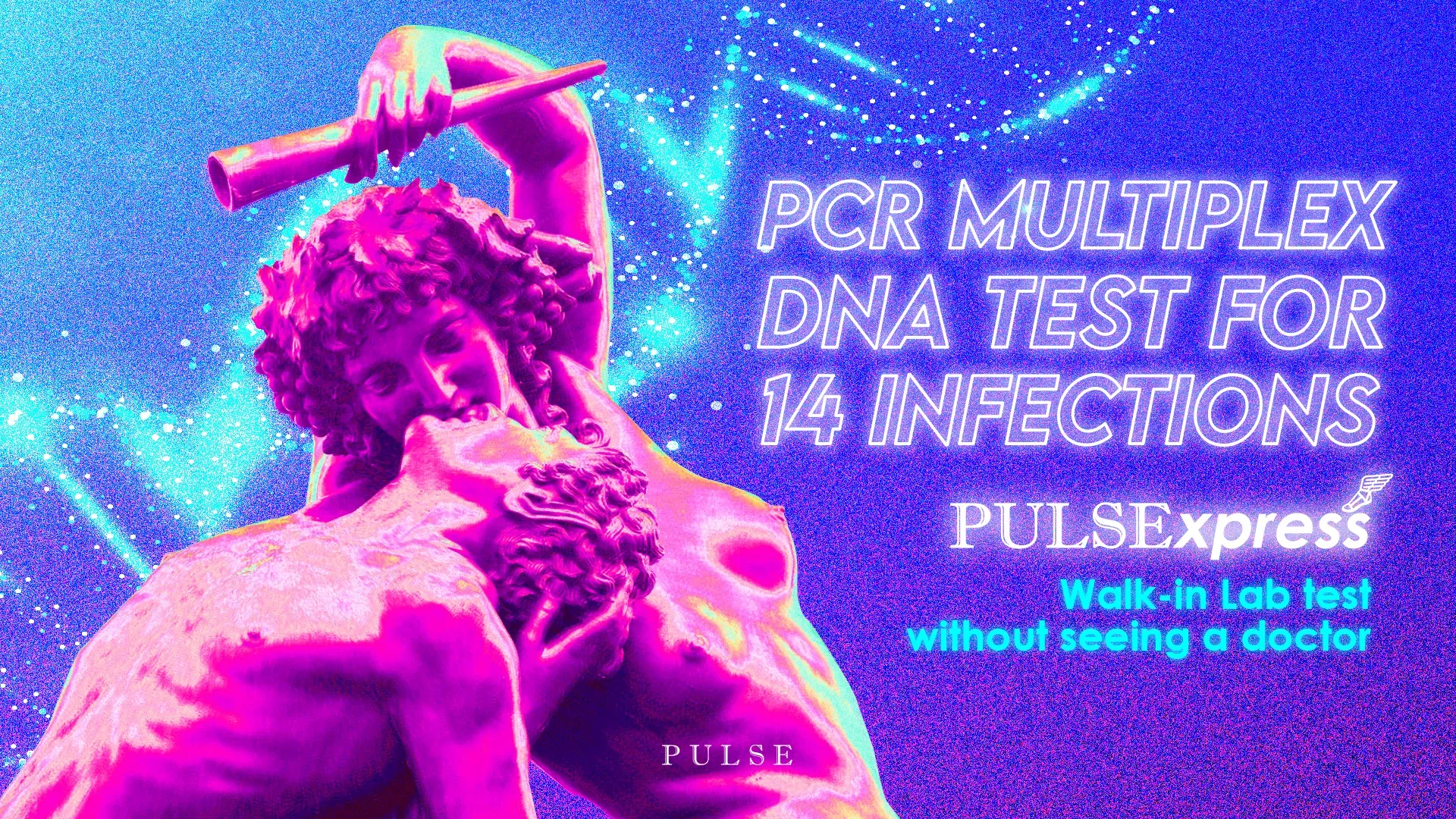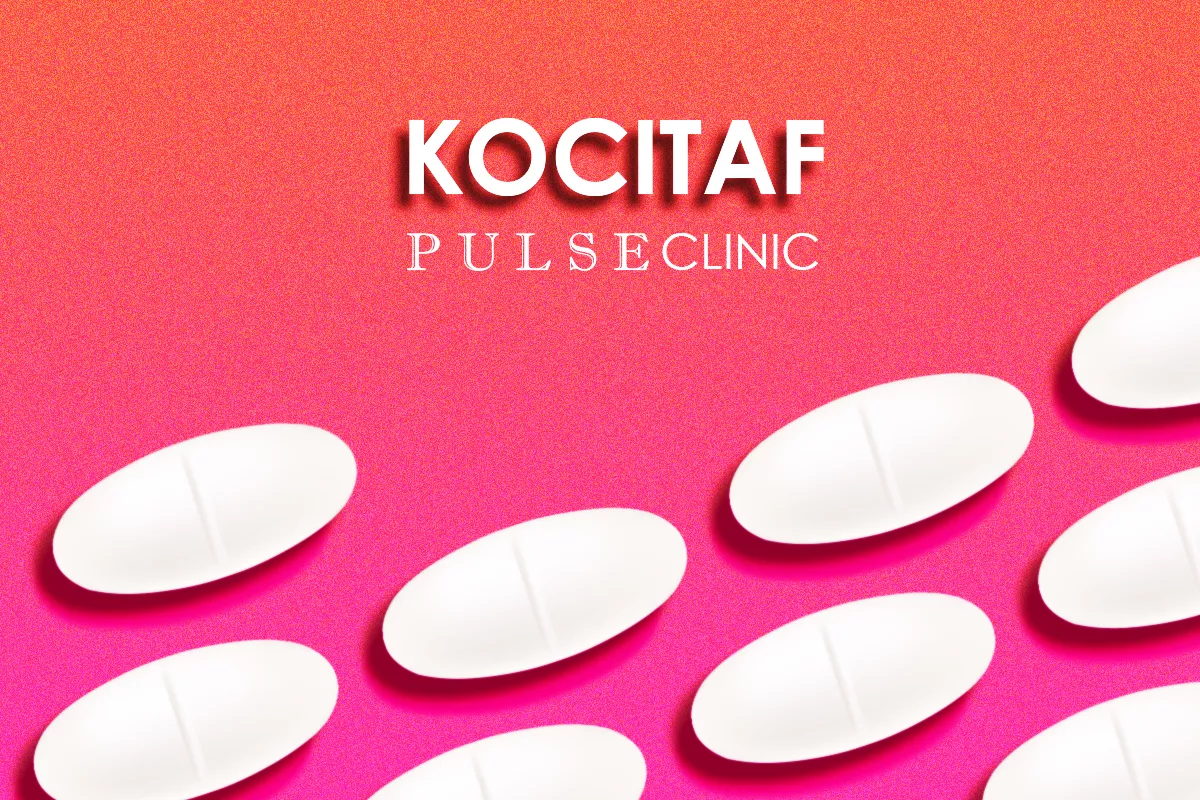Condom Broke - Get HIV PEP, DoxyPEP and Emergency Contraception in Bangkok
44956
Whether seeking HIV PEP, Doxy-PEP for STI prevention, or using emergency contraception as soon as possible after condom broke

What to Do After Condom Broke
Condoms are indispensable tools for safeguarding sexual health by preventing both sexually transmitted diseases (STDs) and unintended pregnancies.
However, despite their reliability, instances of condom (broke) breakage, breakage, or slippage can occur, exposing individuals to potential risks. The dangers associated with condom mishaps and explore the medical solutions available to address them effectively. Let us understand what emergency PEP, or emergency post-exposure prophylaxis (PEP) is as a preventive treatment strategy for HIV and STDs.
It is suggested that you see a doctor if you notice condom failure during or after sex.
Contact us at info.bkk@pulse-clinic.com or chat on your preferred platform:
![]() +66 65 237 1936
+66 65 237 1936  @PULSEClinic
@PULSEClinic ![]() PulseClinic
PulseClinic
What is Post-Exposure Prophylaxis for HIV and STDs?
Post-exposure prophylaxis (PEP) is a critical intervention offered following potential exposure to some of the most common STDs like HIV, gonorrhoea, chlamydia, and syphilis, and through condom mishaps or other high-risk sexual activities.
Prevent HIV with Emergency HIV PEP
Following potential exposure to HIV through condom mishaps or other high-risk sexual activities, HIV Post-Exposure Prophylaxis (PEP) offers a critical intervention. Administered within 72 hours of exposure, PEP involves taking antiretroviral medication to reduce the likelihood of HIV transmission. If there's suspicion of HIV exposure due to a condom mishap or risky sexual behaviour, seeking immediate medical attention is crucial for assessment and potential initiation of PEP treatment.
You will still need to go to the doctor even you missed the 72 hours window for PEP for a consultation and a STD test to make sure you aren't contacting any infection that might come with the condom failure. If the test came out negative, your doctor might suggest you to be on PrEP for HIV prevention. If the result came out positive, we can give you the treatment right away.
Getting treatment early will increase the chance of getting rid of curable STDs as well as reduce the risk of health complication and further transmission to your sexual partners.
Preventing Common STI Infections with Doxy-PEP
In addition to HIV, individuals may face the risk of bacterial STIs like Gonorrhoea, Chlamydia, and Syphilis following condom mishaps.
Doxy-PEP, a regimen of doxycycline antibiotics, is an effective preventive measure against these infections. To maximize its efficacy, it's essential to initiate Doxy-PEP promptly, preferably within 24 hours and no later than 72 hours post-unprotected sex. DoxyPEP has at least a 90% chance of preventing syphilis and a 60% chance of preventing chlamydia and Gonorrhea.
Get your DoxyPEP at PULSE CLINIC
DoxyPEP is a STI prevention method, which you would need to use before having sex. Be prepared and order DoxyPEP online today! Contact us through our online pharmacy service by sending us an email at pulseliving@pulse-clinic.com or have a chat with us on your preferred platform:
![]() +66-84-226-2569
+66-84-226-2569  @PulseRx
@PulseRx ![]() PulseClinic
PulseClinic
Trust PULSE CLINIC to take care of your health like other 45000 people from over 130 countries. We provide discreet professional service with high privacy. Here to help, not to judge.
Preventing Pregnancy with Emergency Contraception
In addition to STIs, condom mishaps can also lead to unintended pregnancies. Emergency contraception, commonly known as the "morning-after pill" or "Plan B," offers a reliable solution to mitigate the risk of pregnancy post-unprotected sex.
Readily available in PULSE, emergency contraception is most effective when taken soon after intercourse, ideally within 48 to 72 hours. It's crucial to understand that emergency contraception is not an abortion pill and does not terminate an existing pregnancy. Instead, it serves as a preventive measure to reduce the risk of pregnancy in situations such as condom breakage or unprotected intercourse.
What about other STD infections? PCR 28 Test
Condoms serve as a crucial barrier during sexual encounters, significantly reducing the risk of HIV infection, STIs, and unwanted pregnancies. Yet, when condoms break or slip, this protective barrier is compromised, leaving individuals vulnerable.
If you are worried about other possible infections, speak to our medical provider about the best time to get our PCR28 Test. One test you can test for 28 kinds of sexually transmitted diseases.
Condom mishaps are unwelcome occurrences, but understanding the associated risks and taking timely action is crucial for safeguarding sexual health. Whether it involves seeking HIV PEP, considering Doxy-PEP for STI prevention, or using emergency contraception to prevent pregnancy, proactive steps are essential.
Contact us immediately for an emergency PEP or emergency contraception at any of our clinics. It is suggested that you see a doctor if you notice condom failure during or after sex.
Contact us at info.bkk@pulse-clinic.com or chat on your preferred platform:
![]() +66 65 237 1936
+66 65 237 1936  @PULSEClinic
@PULSEClinic ![]() PulseClinic
PulseClinic
Trust PULSE CLINIC to take care of your health like other 45000 people from over 130 countries. We provide discreet professional service with high privacy. Here to help, not to judge.
Loading...
Clinic Locations
Loading...


